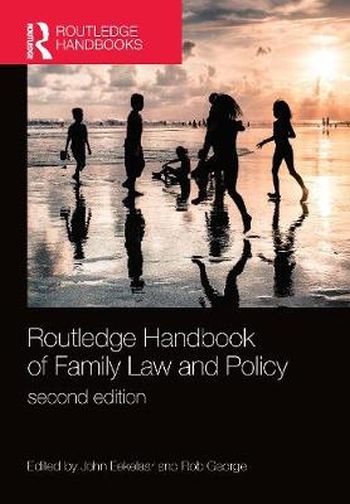
Changes in family structures, demographics, social attitudes and economic policies over the last 60 years have had a large impact on family lives and correspondingly on family law.
The Second Edition of this Handbook draws upon recent developments to provide a comprehensive and up-to-date global perspective on the policy challenges facing family law and policy round the world. The chapters apply legal, sociological, demographic and social work research to explore the most significant issues that have been commanding the attention of family law policymakers in recent years. Featuring contributions from renowned global experts, the book draws on multiple jurisdictions and offers comparative analysis across a range of countries. The book addresses a range of issues, including the role of the state in supporting families and protecting the vulnerable, children's rights and parental authority, sexual orientation, same-sex unions and gender in family law, and the status of marriage and other forms of adult relationships. It also focuses on divorce and separation and their consequences, the relationship between civil law and the law of minority groups, refugees and migrants and the movement of family members between jurisdictions along with assisted conception, surrogacy and adoption.
This advanced-level reference work will be essential reading for students, researchers and scholars of family law and social policy as well as policymakers in the field.